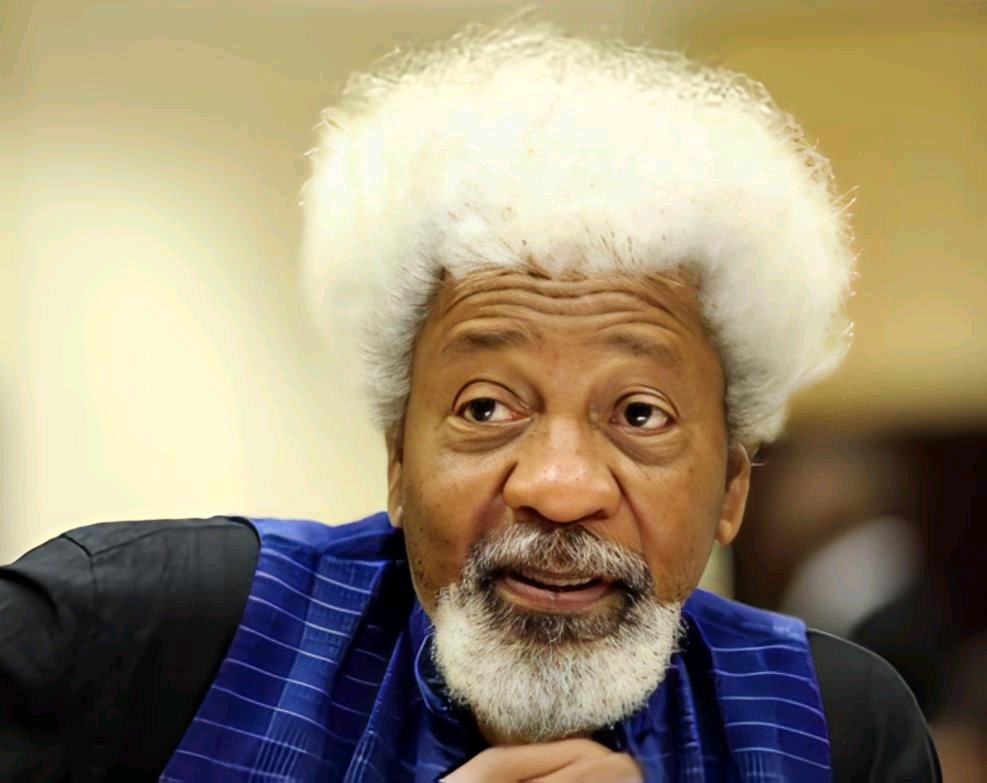Nobel laureate Professor Wole Soyinka has recounted the dramatic moment he spat on a national honor awarded to him by former military head of state General Ibrahim Babangida during a pro-democracy march, using the prestigious award as a symbolic weapon against military rule.
The popular writer shared this vivid account during an interview with Channels TV while explaining his complex relationship with national honors and addressing questions about why he previously rejected such recognition but accepted President Bola Tinubu’s recent award.
Soyinka clarified that his original acceptance of Babangida’s honor was not voluntary, describing the circumstances as an unavoidable situation. “I didn’t reject the one in the past. I was ambushed. I had no option, so I accepted it,” he explained.
The Nobel laureate detailed how the presentation occurred in a public setting that made refusal difficult. “Remember, it was presented to me at the airport, you know, and my colleagues were there to welcome me after the Nobel laureate thing. I had to accept it. I had no choice,” Soyinka revealed.
Professor Wole Soyinka emphasized that accepting the award strategically positioned him for future protest action. He explained that one of the uses of these honors is that there comes a day when you can throw it back and use it as a weapon by declaring that you no longer want the honor.
He recounted that this is what happened on that particular occasion when they were marching from the Labour Headquarters in Surulere to Tafawa Balewa Square. Wole Soyinka stated that when they got to Tafawa Balewa Square, they found it had been locked against them, or rather barricaded by the military and the police, which outraged him.
The Nobel laureate highlighted his initial preparation for potential confrontation with authorities. “Somehow, I had a fear earlier on that the march would be prevented. And so I had brought along my Nigerian CFR (Commander of the Order of the Federal Republic), I threw it on the ground and spat on it. And as I said at the time on BBC, I said there was something I wanted to do, but I didn’t want to be accused of indecent exposure. So, I limited myself to just marching it,” he revealed.
The professor announced his intention to dedicate his recent national honor to the memory of a fellow pro-democracy activist, late Dr. Beko Ransome-Kuti, a prominent human rights advocate.
Love Reading Authentic News Stories, Click The Button Below

